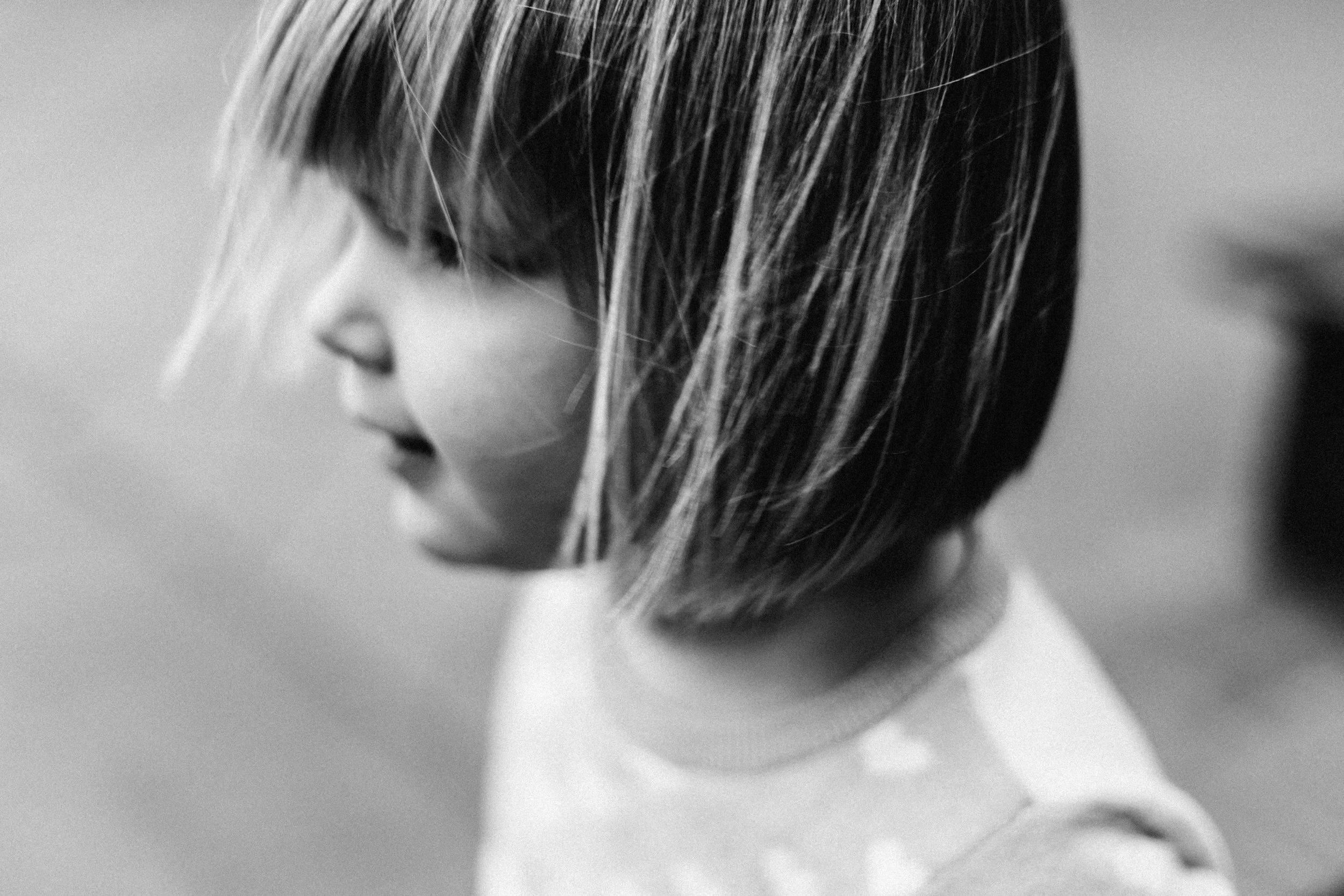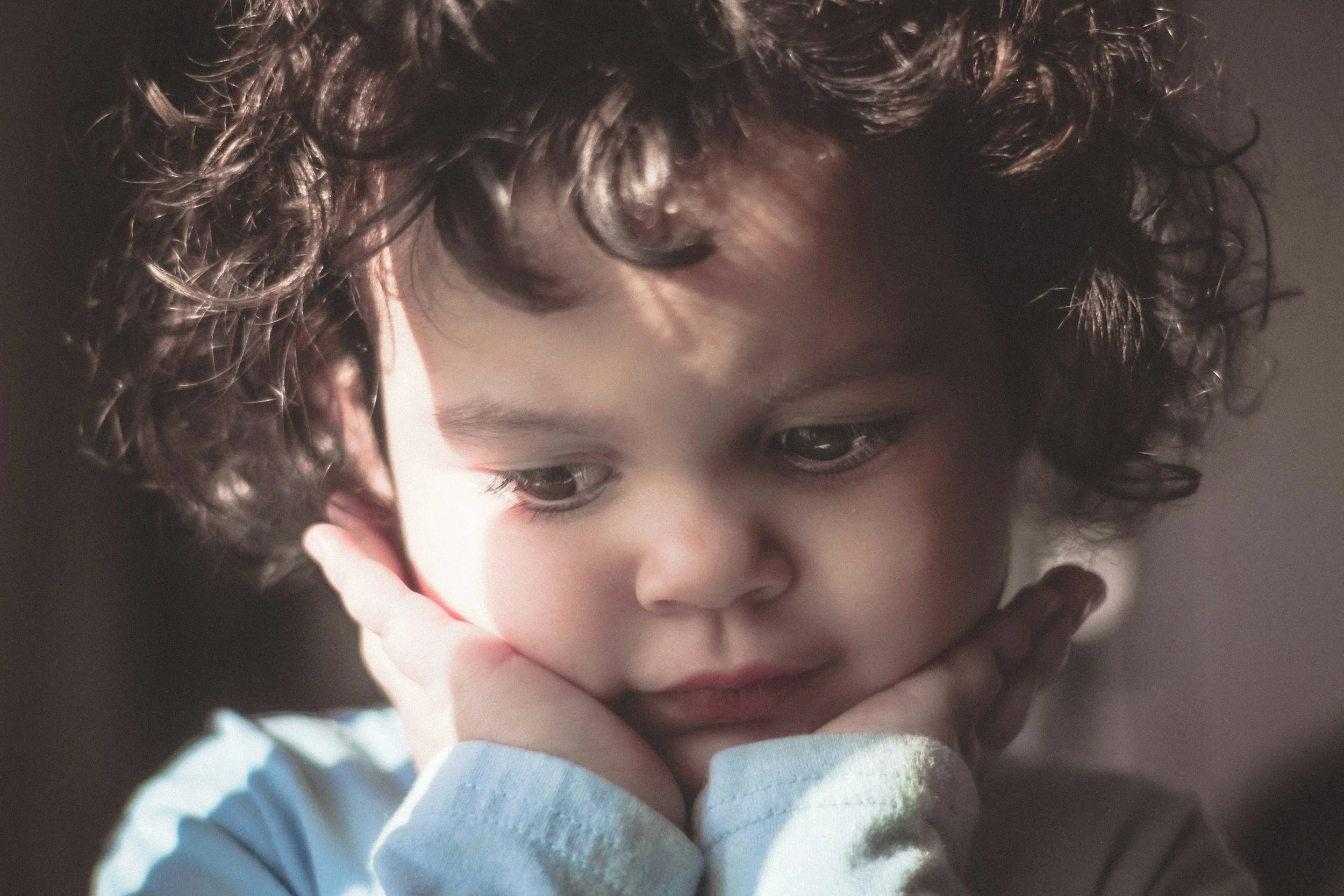
Blog & Resources
Potty Training, Sleep training, and parenting tips, stories, and more!How to tell when your baby or child is full?
As parents, especially in those early years, it's natural to wonder—Is my child full, or just being fussy?
Let’s break it down stage by stage so you can feel more confident, ditch the mealtime battles, and build a foundation of healthy eating habits.
Feeding Feelings—Not Bellies: Why Emotional Feeding in Toddlers Has Lasting Consequences
It starts innocently enough: your toddler is mid-meltdown, and a snack magically soothes the storm. Problem solved—right? But what if we told you that handing out crackers to calm a tantrum may have long-term impacts far beyond the terrible twos?
Let’s dig into why this happens, what the science says, and how to change the pattern.
What is Elimination Communication?
If you’ve ever heard of “Elimination Communication” and thought it sounded like a New Age parenting trend—or something involving crystals and a potty—you’re not alone. But this method of toileting babies without diapers has roots deeper than any trendy parenting blog, and it’s not as woo-woo as it might sound.
Let’s dig into what EC is, where it comes from, how it works, and whether it’s a practical solution for Western families today.
Why Is My Child Scared to Let Go of Poop?
Let’s talk about poop. Not in a whisper, not in code. Just straight-up bowel movements. Because if you're reading this, chances are you've got a toddler who's holding it in like their life depends on it — and it's stressing everyone out.
You’re not alone. Many children, especially during potty training, become afraid to poop. It’s confusing, sometimes painful (literally), and emotionally frustrating for both child and parent. But there’s a very real developmental reason behind it.
Why Is My Child So Attached to Diapers?
Ah, diapers — soft, squishy security blankets with leg holes. If your toddler is treating them like their prized possession and flat-out refuses to even look at the potty, you’re not alone. Many parents hit a moment where it feels like their child might walk across the graduation stage in a Pull-Up. But I promise — they won’t.
Why Do Toddlers Throw Food?
Picture this: you've made a meal—maybe even chopped vegetables!—you plate it up for your toddler, sit down, and two seconds later… SPLAT. Peas on the floor. Sauce on your shirt. And your toddler? Beaming like they've won gold in the Olympic food-flinging finals.
Let’s dig in. (Preferably with a spoon, not your floor mop.)
How to Transition from Bottles to Cups
So, your little one is walking, babbling, and possibly throwing bananas at the wall—but still sucking on a bottle like it’s the only friend they’ve ever known. If this sounds familiar, it’s time for the Great Cup Switcheroo
Making the Transition to Milk at 12 Months
Spoiler alert: there’s no universal “right” answer, and yes, it can be confusing. Whole milk? Plant milk? No milk? Grandma says one thing, TikTok says another, and meanwhile, you’re just trying to avoid another diaper blowout.
Why Toddlers Say "No":
Spoiler: It’s not personal. It’s developmental.
Picture this: You ask your toddler to put on their shoes, and for the fifth time today, they cross their arms, stomp a foot, and shout: “NO!”
Sound familiar?
When Your Child Prefers One Parent Over the Other
“NO! I want MUMMY to do it! Sound familiar?
If you’ve ever been flat-out rejected by your child in favor of your partner—or vice versa—you’re not alone. This stage can feel baffling, a bit heartbreaking, and even slightly offensive (especially when you’ve just made three versions of dinner). But here's the good news: this is developmentally normal, and it’s not a reflection of your worth as a parent.
“Why Is My Baby Screeching”?
There you are—sipping coffee, feeling like you’ve finally got this parenting thing under control. And then it happens.
A high-pitched, glass-shattering, dog-whistle shriek pierces the room.
Your baby is screeching. Not crying. Not fussing. Screeching.
Like they’ve been possessed by a dinosaur from Jurassic Park.
Before you list your child on Kijiji (just kidding…mostly), let’s get to the bottom of it.
How Long Should the Bedtime Routine Be? (As Long As It Takes to Regain Your Sanity)
There’s no one-size-fits-all answer—unless you count “long enough to make you question your life choices.” Whether you’ve got a milk-happy 3-month-old or a chatty 5-year-old philosopher who asks existential questions at bedtime (“Mum, where do dreams come from?”), bedtime routines are part magic, part meltdown.
Let’s break it down by age, because of course the routine changes every time you feel like you've finally cracked it.
Why Routine is Essential for Babies—And Their Parents Too
Bringing a new baby home is overwhelming in all the ways: emotionally, physically, and logistically. Amid the chaos of sleepless nights, unpredictable feeds, and nonstop diaper changes, one of the most effective tools for settling both baby and parent is routine.
How to Improve Your Infant’s Sleep Without Sleep Training
When it comes to baby sleep, not every family wants—or needs—to jump into formal sleep training. If you’re looking for a gentler, more gradual approach, the key lies in establishing a predictable, loving routine. Babies thrive on rhythms that help them feel secure, and those rhythms don’t need to include tears or rigid schedules.
What is Sharenting?
Your Baby’s Not a Brand: Why Sharenting Could Backfire
Ever shared a photo of your child online without thinking twice?
We all do it. But there's a growing movement—and legal precedent—showing that kids are pushing back. From court cases to calls for consent, sharenting may not be as innocent as it seems.
The First Five Years:
From birth to age five, your child’s brain is growing at a rapid pace — forming more than 1 million new neural connections every second (Harvard Center on the Developing Child, 2023). These connections are shaped by experiences, especially those with primary caregivers.
It’s Not Gentle Parenting — It’s Just Parenting (With Values)
Parenting with empathy and limits isn’t a trend. It’s not a phase. It’s definitely not about whispering your way through a meltdown like you're auditioning for a mindfulness podcast.
It’s just parenting with intention — and that comes from your values, not from what’s trending on TikTok.
Why Does My Toddler Cry So Much?
It may feel like your toddler is crying all the time, and that’s because… they kind of are. But it’s not because you’re doing anything wrong. In fact, it’s usually because everything is developmentally very right.
Potty Training Progress Stoppers
Ah, potty training. That magical time when you transition from wiping adorable baby bottoms to cheering when someone pees in a plastic bowl shaped like a tiny throne. What could go wrong? Oh, just a few super common habits that lovingly sabotage the whole process.
Let’s break down the biggest potty training progress killers (and lovingly roast them a little, because we’ve all done them).
What’s the Best Age to Potty Train?
Once upon a time, babies were potty trained by 18 months. Now, many kids aren’t out of diapers until 3 or even 4. What gives?
The age at which children are potty trained has shifted significantly in the last century, and understanding why can help you decide when to start—and why waiting too long can backfire.




















